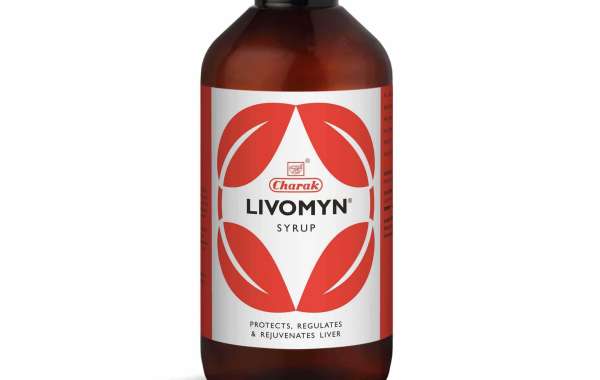
Jaundice: What you need to know
Jaundice can be identified as yellowish discoloration of skin, sclera (white part of the eye) and mucous membranes. Yellowish pigmentation is due to increased amount of bilirubin in blood.
What is bilirubin?
Bilirubin is a by – product produced by the breakdown of old red blood cells and is excreted in the form of bile. Bilirubin is converted to bile in liver, thus any pathology in liver may cause jaundice.
Causes of jaundice
• Rapid breakdown of RBC’s – in condition like malaria, sickle cell anemia, thalassemia, auto-immune disorders
• Viral infection like hepatitis
• Liver cirrhosis, fatty liver
• Drug toxicity
• Gall bladder stone
• Narrowing of the bile duct
• Congenital anomaly, tumors,
• Inflammation of bile-duct or gall bladder.
Symptoms of jaundice
• Loss of appetite
• Nausea and vomiting
• Diarrhea
• Abdominal pain and discomfort
• Fever with chills
• General weakness
• itching of skin
• body pain – swelling may be present over legs
Natural ways to manage jaundice
Jaundice is a self-limiting disease and may not require medical help if the symptoms vary from mild to moderate. A well planned combination of dietary fibers, carbohydrates, proteins and vitamins will help to recover faster.
Recommended diet
Foods rich in amino acids aid in liver regeneration – like milk, eggs, fish, cereals, seeds, vegetable sources are – beans, spinach, cauliflower, cabbage, pumpkin , fruits like banana and kiwi
Dietary fibers absorb the extra fat and sugars in the body – whole grains, beans, lentils, fruits and vegetable are rich in fiber and should be had in moderation
Carbohydrates – they provide energy to the body, their intake should be limited and not restricted. Taking healthy carbs is highly recommended. Ayurveda suggests use of aged wheat and rice and they are easy to digest. Millets are really good for liver health too.
Vitamins and minerals – Citrus fruits like oranges, lemon, berries, amla, seeds, nuts, green leafy vegetables, carrots, beetroot, coconut water are helpful. One can also take multivitamin supplements.
Beverages like green tea, coffee are helpful
What to avoid ??
Avoid alcohol intake- alcohol lead ton swelling of liver cells and also can cause fatty liver compromising liver health.
High calorie diet – white bread, potatoes, pasta are calorie rich foods which hamper the liver function.
Stay away from sugary foods such as candy, cookies, sodas, and fruit juices as they can cause excess fat accumulation.
Avoid fermented foods like idli, dosa, dhokla
Added salts like in papad, pickles
What to do ?
Lose weight – losing weight through exercise will help to reduce inflammation and fats over liver. One should practice 30- 40 minutes of exercise atleast 4-5 days a week.
If fatty liver is associated with lifestyle diseases like diabetes, PCOS or cholesterol, one should take medicine as prescribed by the doctor.
Natural herbs play an important role in liver protection. Herbs like Guduchi, ounarnava, kalmegh are well known ayurvedic liver tonics for improving liver function and also protecting the liver from damage. Kalmegh is wonderful anti viral too and fights Hepatitis causing virus. LIVOMYN from CHARAK PHARMA is infused with all these liver protecting herbs which help to enhance the efficiency of liver.livomyn is an ayurvedic liver tonic for maintaining liver health




